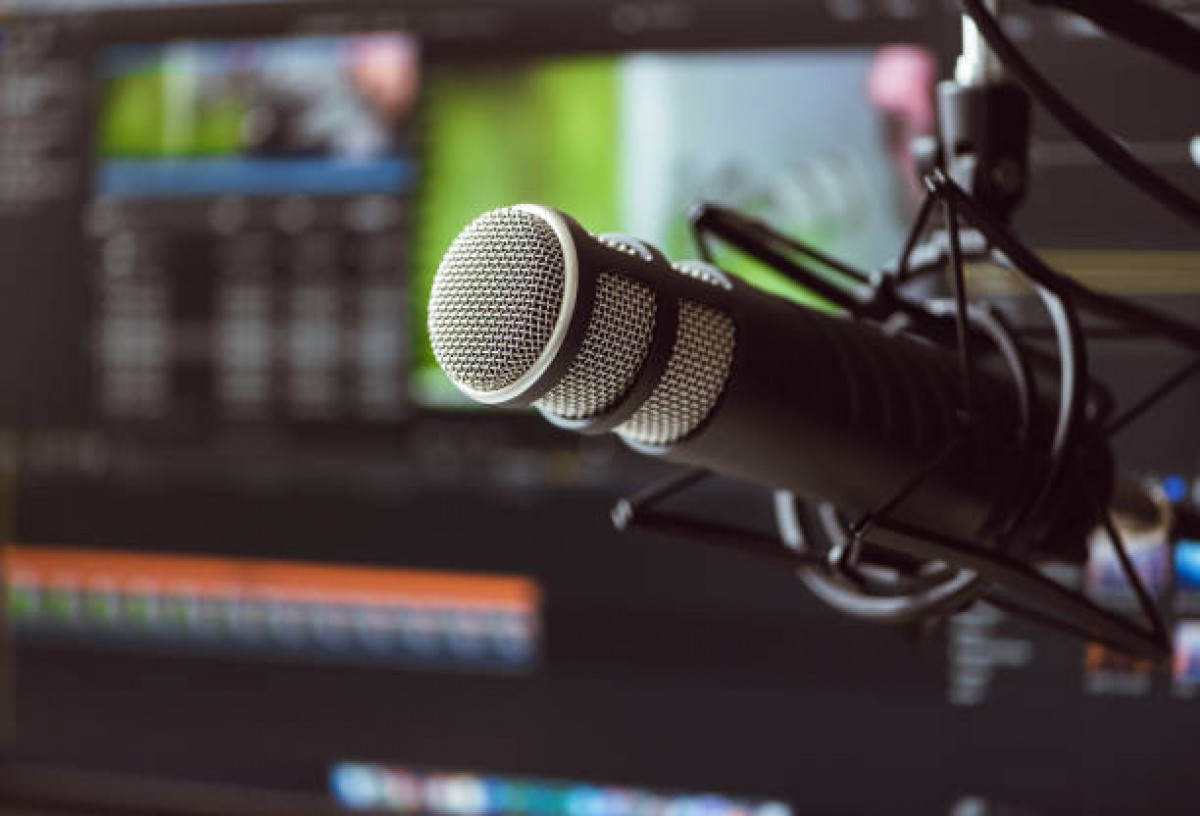A Brief History of Podcasting
Jan 20, 2023

The term "podcast" was first coined in 2004 by journalist Ben Hammersley, who defined it as "a type of digital media consisting of an episodic series of audio, video, PDF, or ePub files subscribed to and downloaded through web syndication or streamed online to a computer or mobile device."
The origins of podcasting can be traced back to the early 2000s when the first podcast-like content was created by individuals and distributed via RSS (Really Simple Syndication) feeds. These early podcasts were typically amateur productions, often featuring a single person talking into a microphone and sharing their thoughts and opinions on a variety of topics.
One of the first popular podcasts was "Adam Curry's Daily Source Code," which began airing in 2004 and covered technology and Internet-related topics. The show was produced by Curry, a former MTV VJ and early internet radio pioneer. It was one of the first podcasts to be distributed through the iTunes Store and helped to popularize the medium.
The podcasting boom of the mid-2000s was led by the launch of the first generation of podcasting software and the integration of podcasting into music players like iTunes. The launch of the iPod in 2001 and the launch of the first generation of podcasting software in 2005 allowed users to easily find, subscribe to, and listen to podcasts, which helped to spur the medium's growth.
In the following years, podcasting continued to grow in popularity, with more and more people creating and listening to podcasts. Podcasts began to cover a wide range of topics, from technology and business to comedy and storytelling. The medium also began to attract more professional and high-quality productions, with major media companies and celebrities launching their own podcasts.
Podcasts have become an important part of the entertainment and media landscape. They are now not only created by individuals and small groups, but also by major media companies, celebrities, and even politicians. Podcasts have also been used in education, with universities and educational institutions creating podcasts to supplement their curriculum.
The rise of smart speakers like Amazon Echo and Google Home, which allow users to listen to podcasts using voice commands, has also helped to increase the popularity of podcasts. Podcasting has also become more accessible to people with hearing impairments, as more and more podcasts are being produced with transcripts, captions, and audio descriptions.
In recent years, podcasts have also been used in a variety of new and innovative ways. Some podcasts have been adapted into television shows and movies, while others have been used as a form of branded content by companies looking to reach a specific audience. Podcasts have also been used as a tool for advocacy and social change, with many podcasts focusing on important social and political issues.
Overall, the history of podcasts is one of rapid growth and evolution. What started as a niche medium for amateur content creators has grown to become an important part of the entertainment and media landscape, with a wide range of professional and high-quality productions being created and consumed by millions of people around the world. With the increasing popularity of podcasting, it’s likely that the medium will continue to evolve and grow in the years to come. New technologies, such as voice-controlled devices and artificial intelligence, may change the way that people listen to and interact with podcasts. The future of podcasting looks very exciting, with more opportunities for creators and listeners alike.
